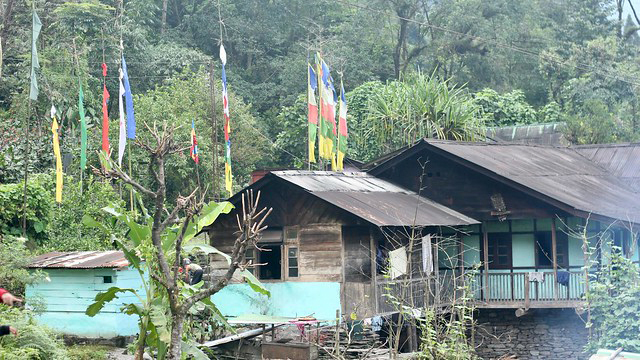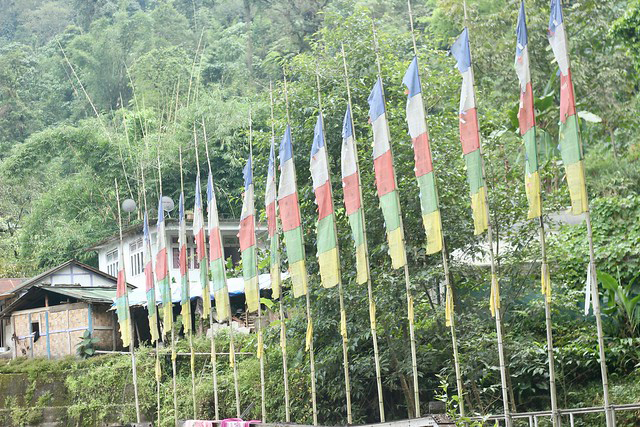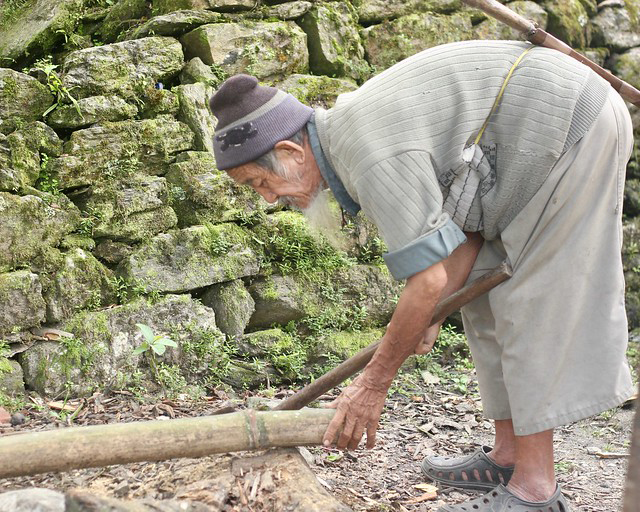Cherishing the Lepcha culture while searching for ways to strengthen their society were the basic themes of a day-long conference held in Gangtok, Sikkim, on April 27. The Balipara Foundation, based in Assam, India, sponsored the conference titled “Community, Conservation and Livelihoods: The Lepcha Community” held at Sikkim University.

One news report about the event provided good coverage of a presentation by Prabir Banerjee, the co-founder of the foundation and a featured speaker at the conference. He described the folklore of the Lepcha, saying that “they are supposed to be one of [the] finest weather forecasters in the world.” Banerjee added that they have a very deep connection with nature, but it is important to find ways to share their understandings with the rest of humanity.
He praised the state of Sikkim, which is heavily influenced by Lepcha traditions, for taking “the best practices in what Sikkim has done in terms of protecting the environment to the rest of the Eastern Himalayan region, like a cross pollination of knowledge and ideas…” Banerjee also commended the organic farming movement in the state, which often makes the news in India, for protecting the soils and waters in the mountains. He concluded that Sikkim has shown leadership and commitment to important ideals.

Another story from a northeastern Indian news service reported on some of the other speakers at the conference. One session, moderated by Dr. Sandhya Thapa from the Sociology Department in the university, discussed the challenges and threats faced by the Lepchas as well as their folklore, connections to nature, history and traditions. Dawa Lepcha discussed their indigenous knowledge and their approaches to securing livelihoods.
Gacho Lepcha, another academic, also spoke about the close Lepcha feelings toward nature. He emphasized that they have been protecting their surrounding natural environment for ages.

At a different session, a range of experts from fields such as geology, film-making, mountaineering, social justice, and chemistry discussed the Dzongu Reserve, the cultural heart of the Lepcha society in North Sikkim—its problems, and possible solutions that should be sustainable.
Neela Mazumdar, from the Earth Day Network-India, announced at the conference the launch of the Global Cleanup of the Mountains—a campaign to raise awareness of the need to remove countless pieces of trash from the natural environment. Following her presentation, a 22-minute documentary film “Voices of Teesta” was screened by its director, Minket Lepcha, for the large crowd of participants at the conference, many of whom were students.
With the success of this conference, the organizer, the Sikkim Chapter of the Balipara Foundation, plans to continue its work by organizing community-specific discussions in various places around the Eastern Himalayas.